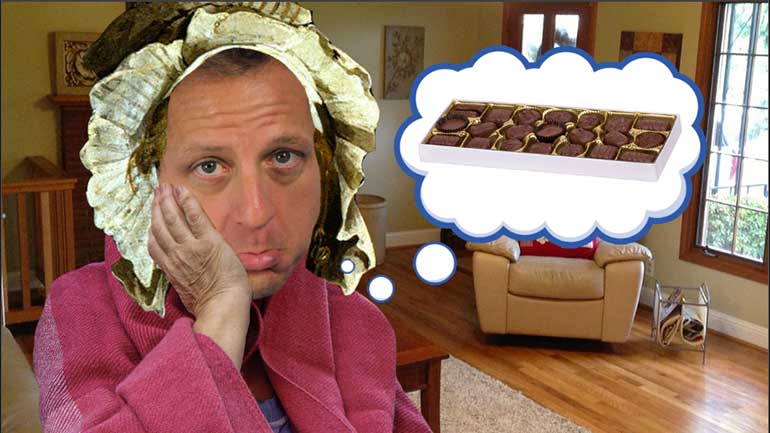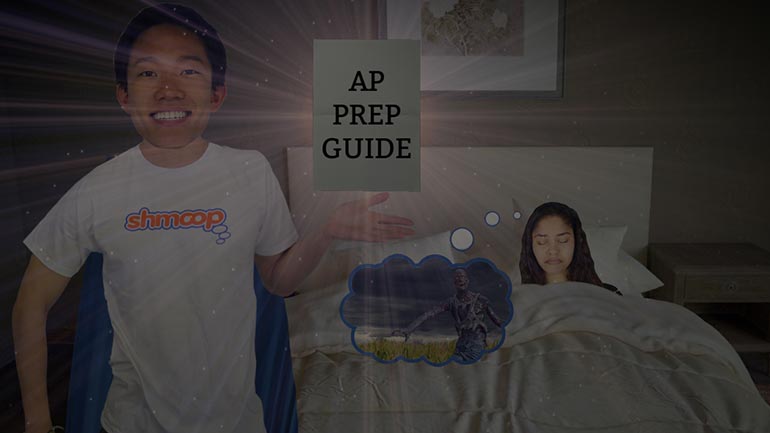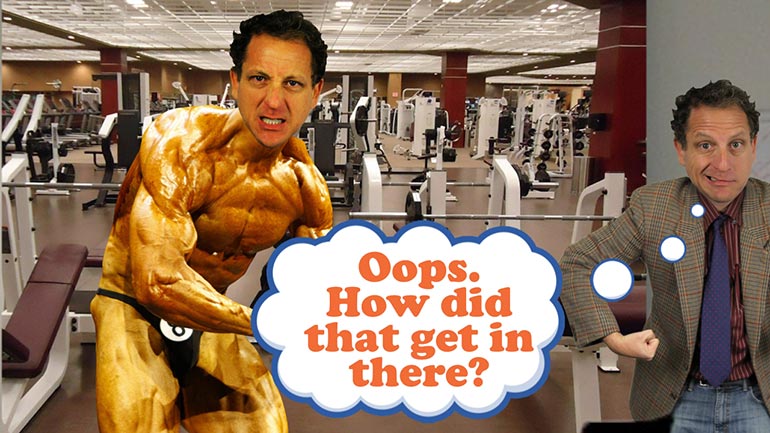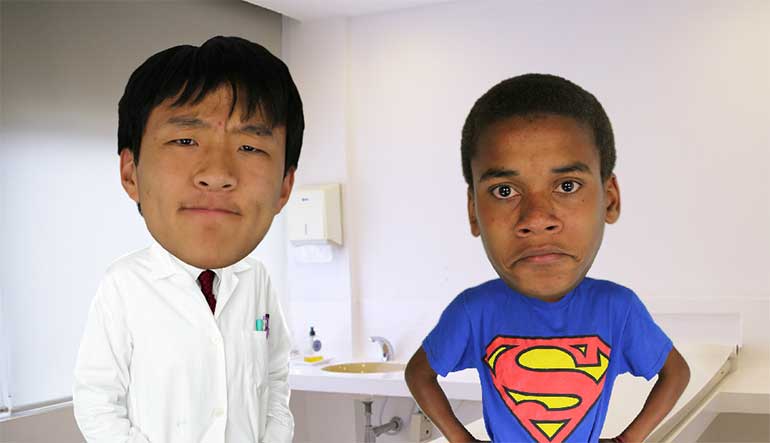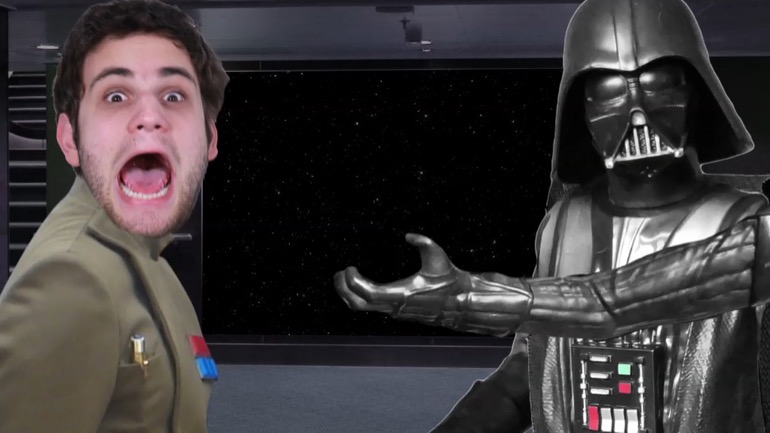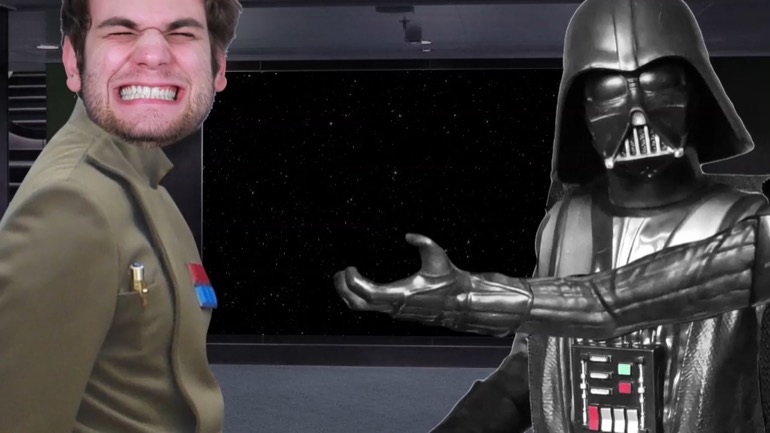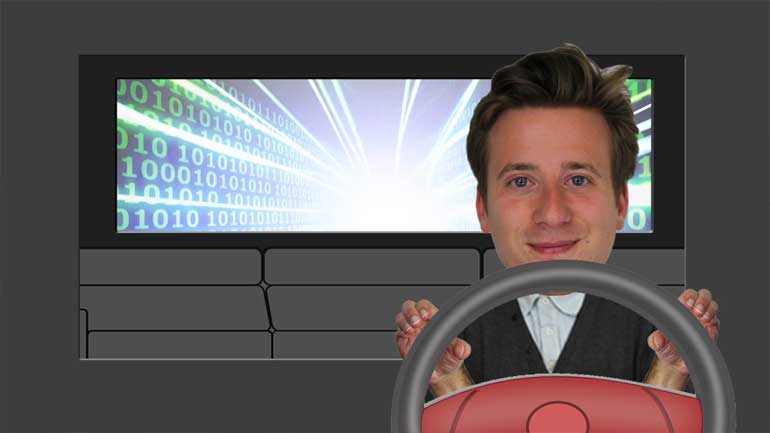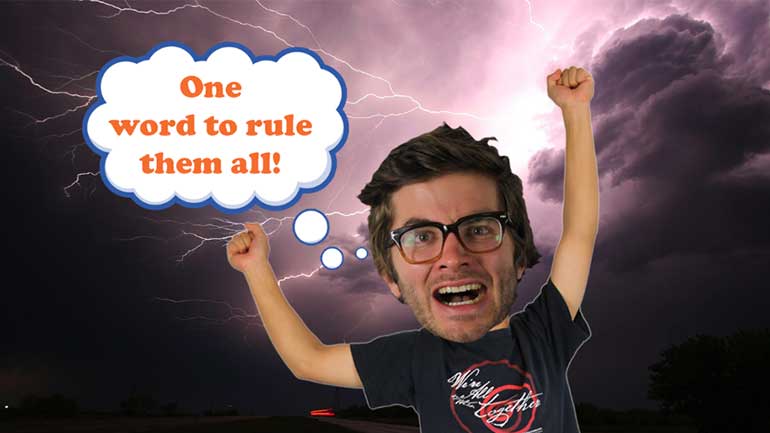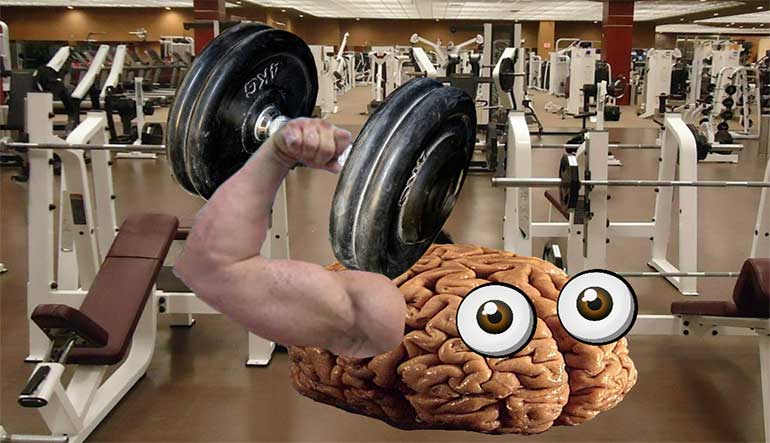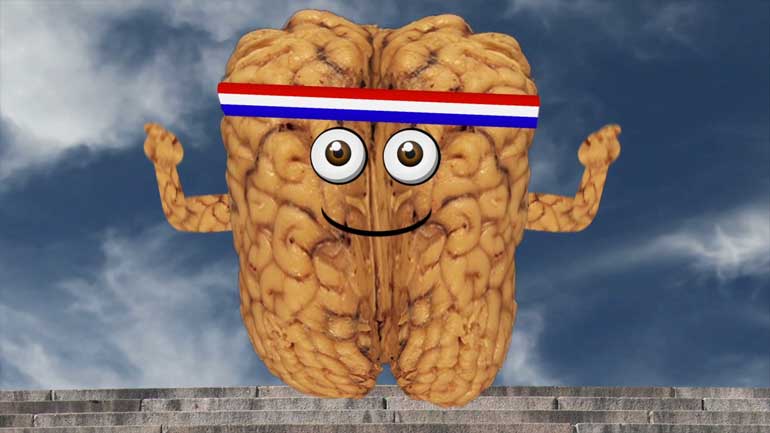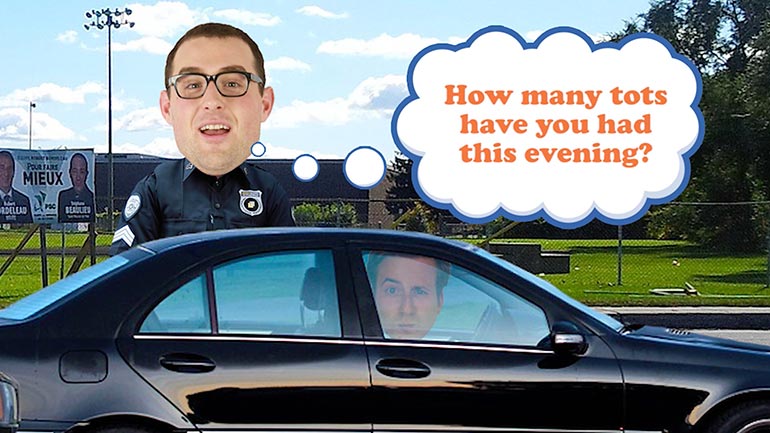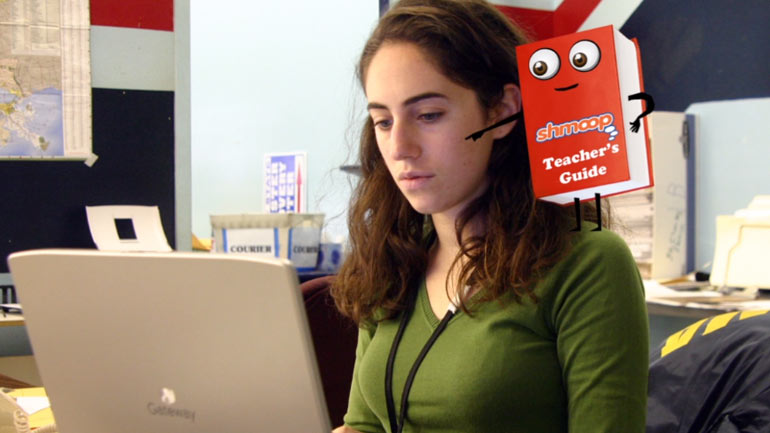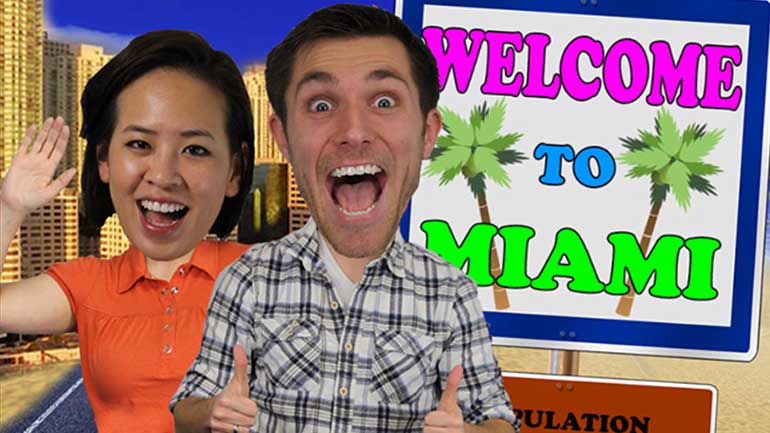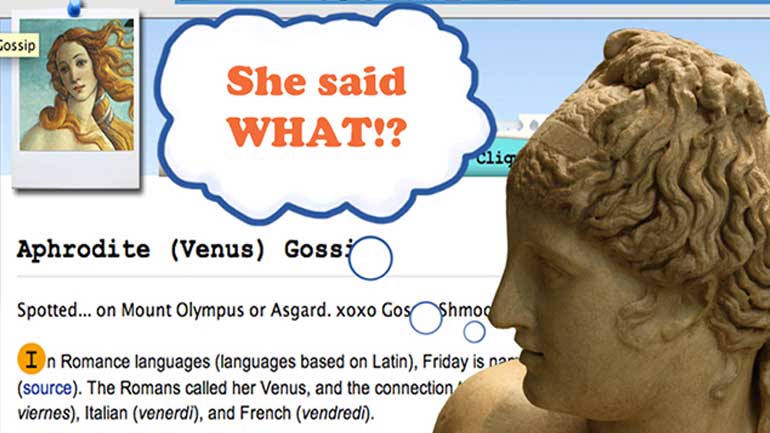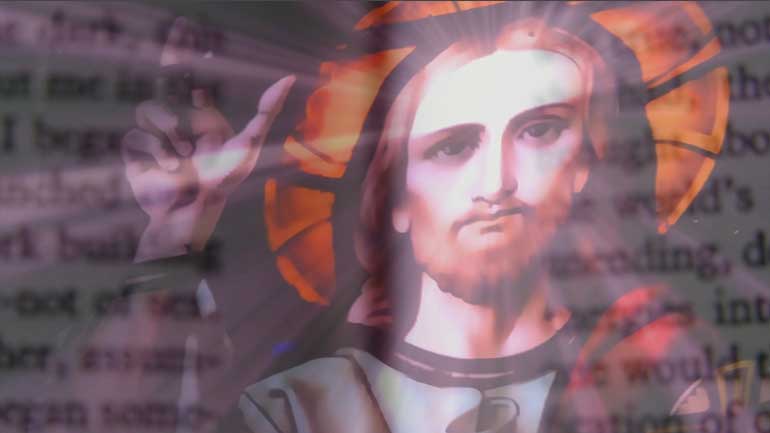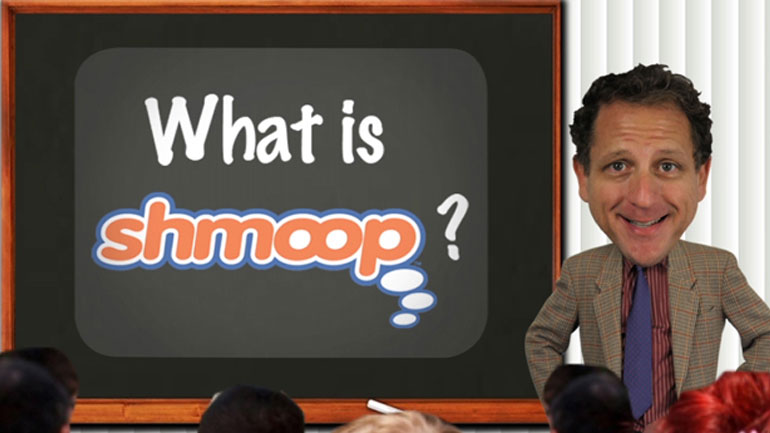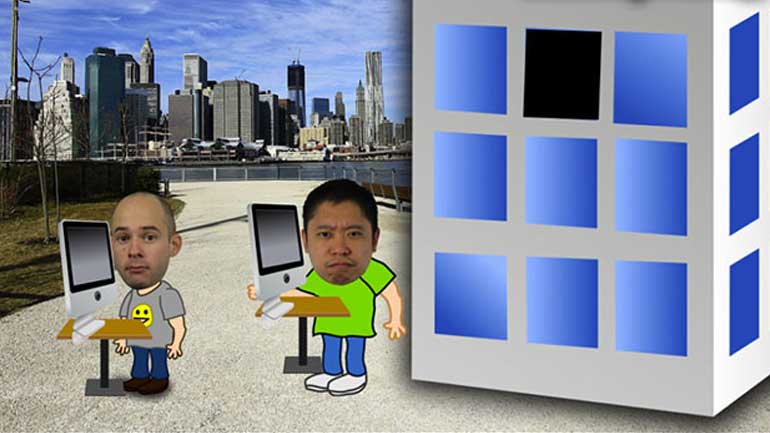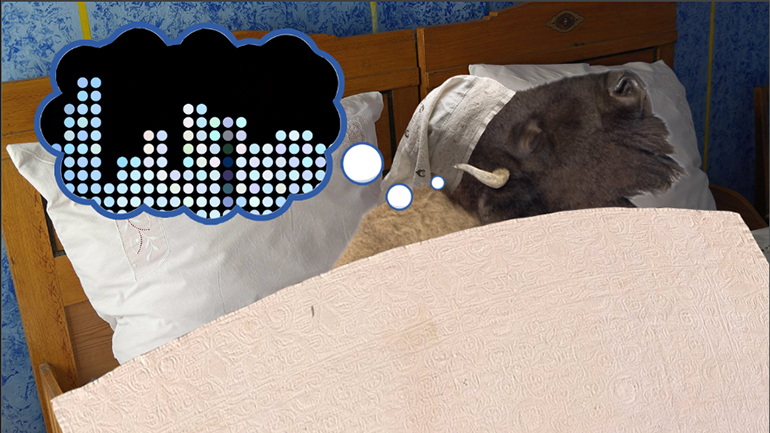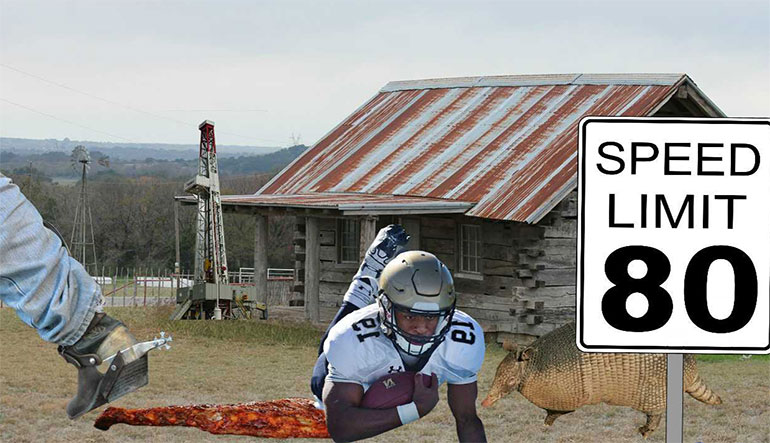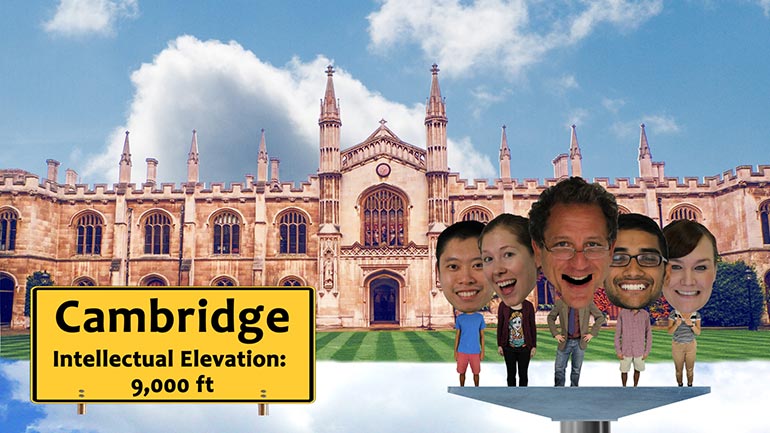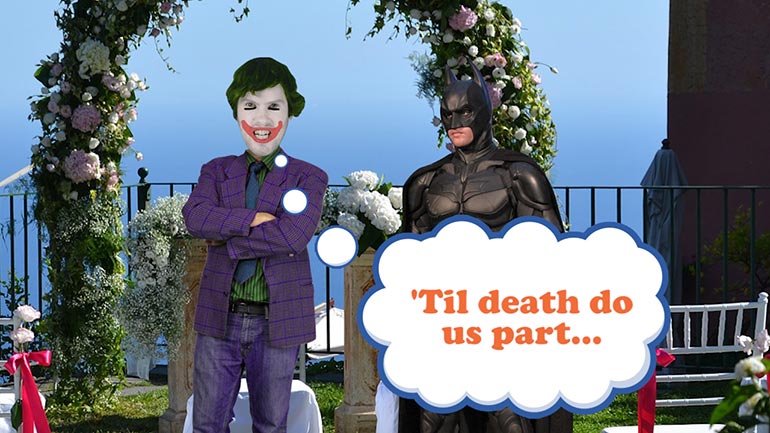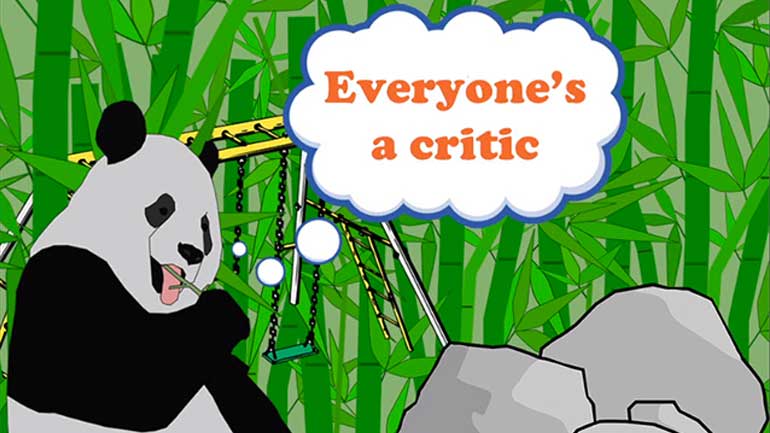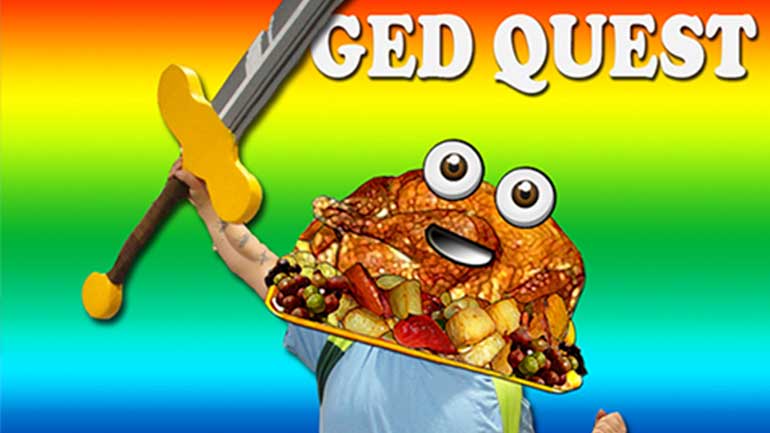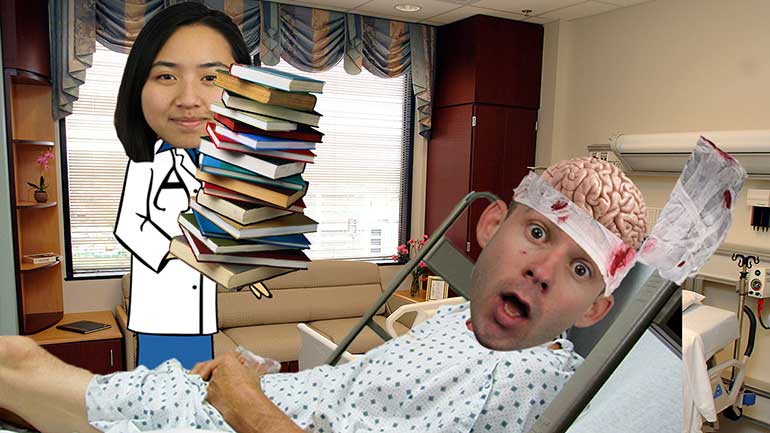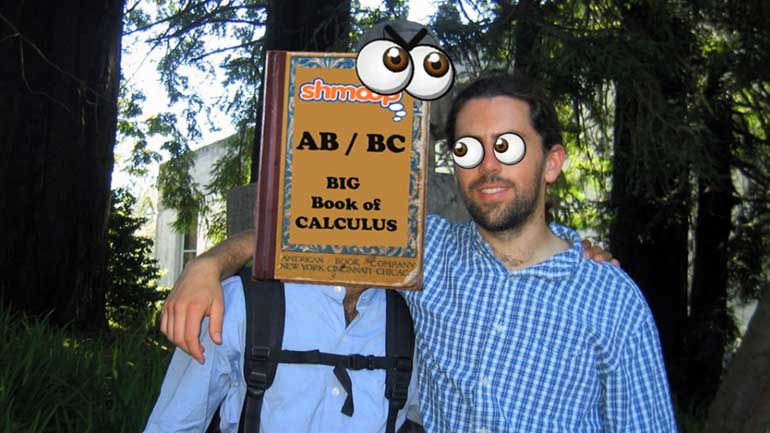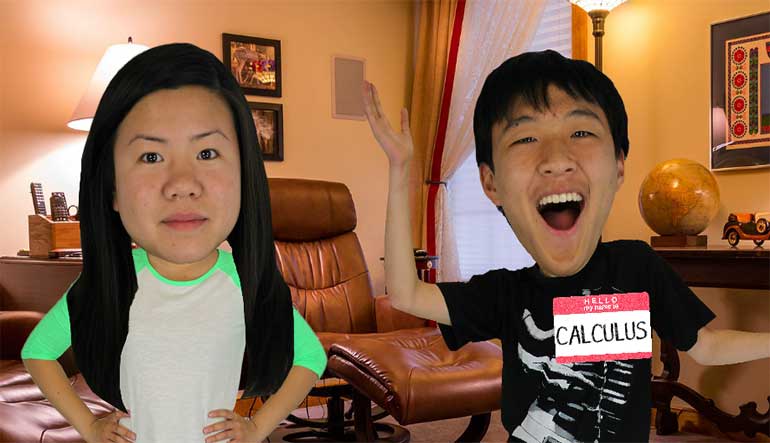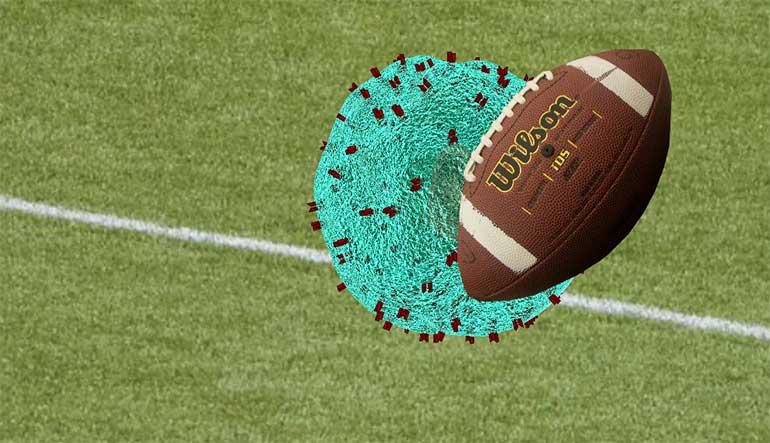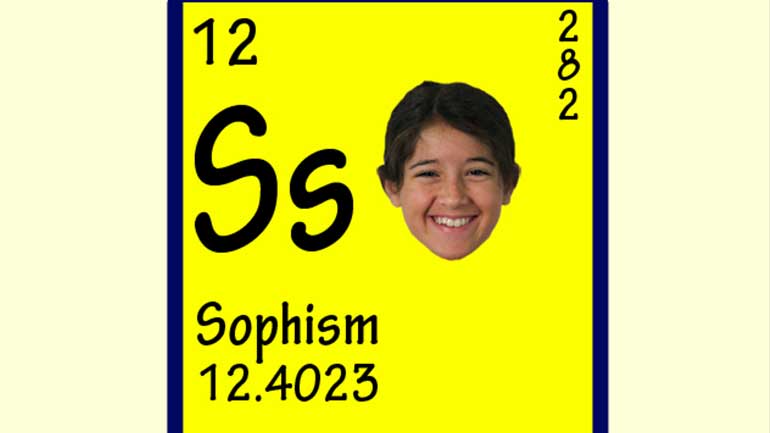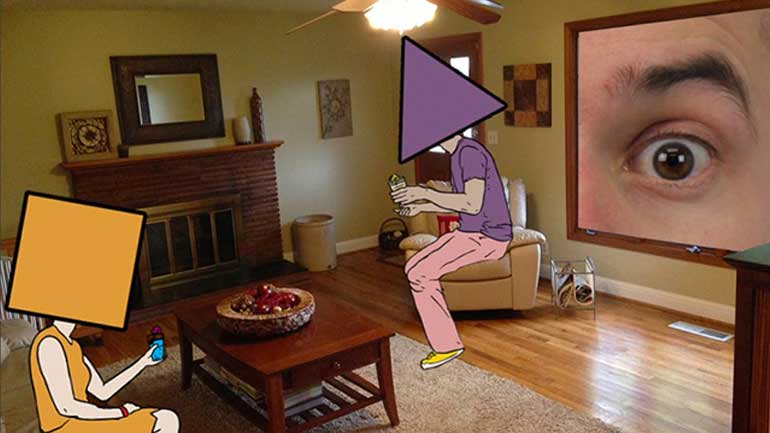ShmoopTube
Where Monty Python meets your 10th grade teacher.
Search Thousands of Shmoop Videos
Guide to Shmoop Videos
Interested in hitting the SAT out of the park? Better take a few warm-up swings... This video will walk you through how to login, how to take and evaluate drills and practice exams, and how to navigate your way through Shmoop.com. Now go out there and knock the cover off this thing.
All schools.shmoop.com Videos 21 videos
schools.shmoop.com is tailor-made for students, teachers, and administrators like you who have a Shmoop license through your school or district. Be...
It’s not always an easy task to nail down your students’ trouble spots, but Shmoop’s RTI math tools make it a snap to pinpoint individual str...
Here at Shmoop, we work for kids, not just the bottom line. Founded by David Siminoff and his wife Ellen Siminoff, Shmoop was originally conceived...
How to Shmoop Videos 46 videos
Are you interested in helping your students get a 5 on the AP® test? Are you a teacher, an administrator, or a bored teen who randomly found this...
Shmoop may not be an expert on love or major league baseball statistics. But if there’s one thing we do know, it’s the internet. Oh, and resear...
Let Shmoop give you the digital tools that will help you teach. We’ll help you manage your classroom and gradebooks, post announcements, and use...
Testimonial Videos 4 videos
Here's the best practices panel from our very own 2014 interSECT conference down in LA, California.This is the first half of the conference, to wat...
Here's the best practices panel from our very own 2014 interSECT conference down in LA, California. This is the second half of the panel, to watch...
What is Shmoop? Videos 23 videos
Are you ready for college? Shmoop provides all the prep you need to help get you there—from SAT to ACT to PSAT... and back again. Shmoop + you =...
Check out this video to learn how Shmoop’s Career Resources could help you find the right career. That’s how we got into the wonderful world...
Dr. Seuss à la Shmoop. Here you will learn all about the Lorax, Horton, and the Cat in the Hat. And of course, we'll chat about Dr. Seuss. Or shou...
Why Should I? Videos 23 videos
Looking to prove that you have some seriously stellar high school equivalency skills? Our guide to the GED can help you get that party started with...
Reading gives you knowledge. Knowledge makes you smart. Being smart is sexy. Need we say more?
We at Shmoop are all about being proud of your strengths. We also enjoy identifying your, uh, not-so-strengths so we can help you dominate them wit...


